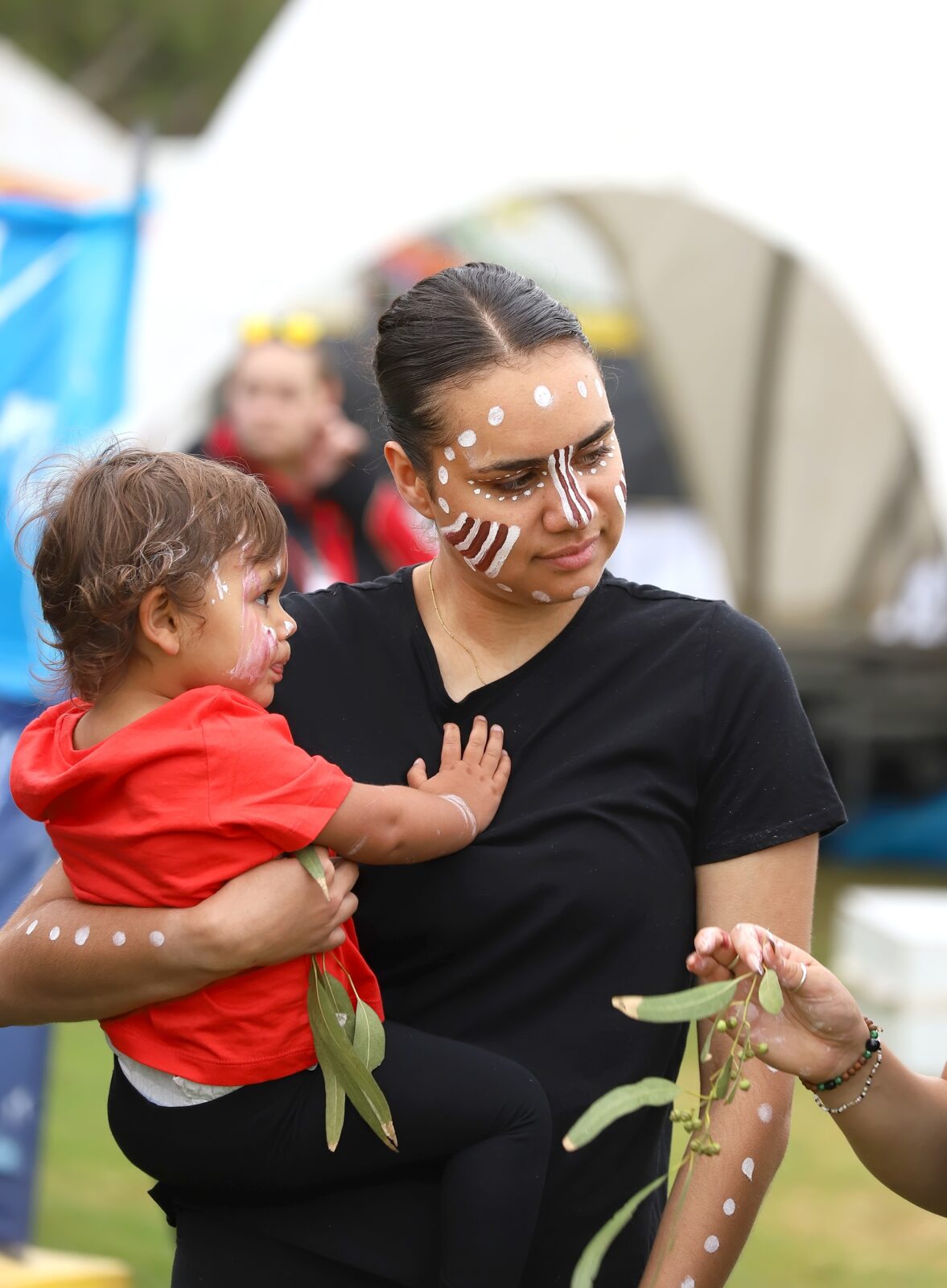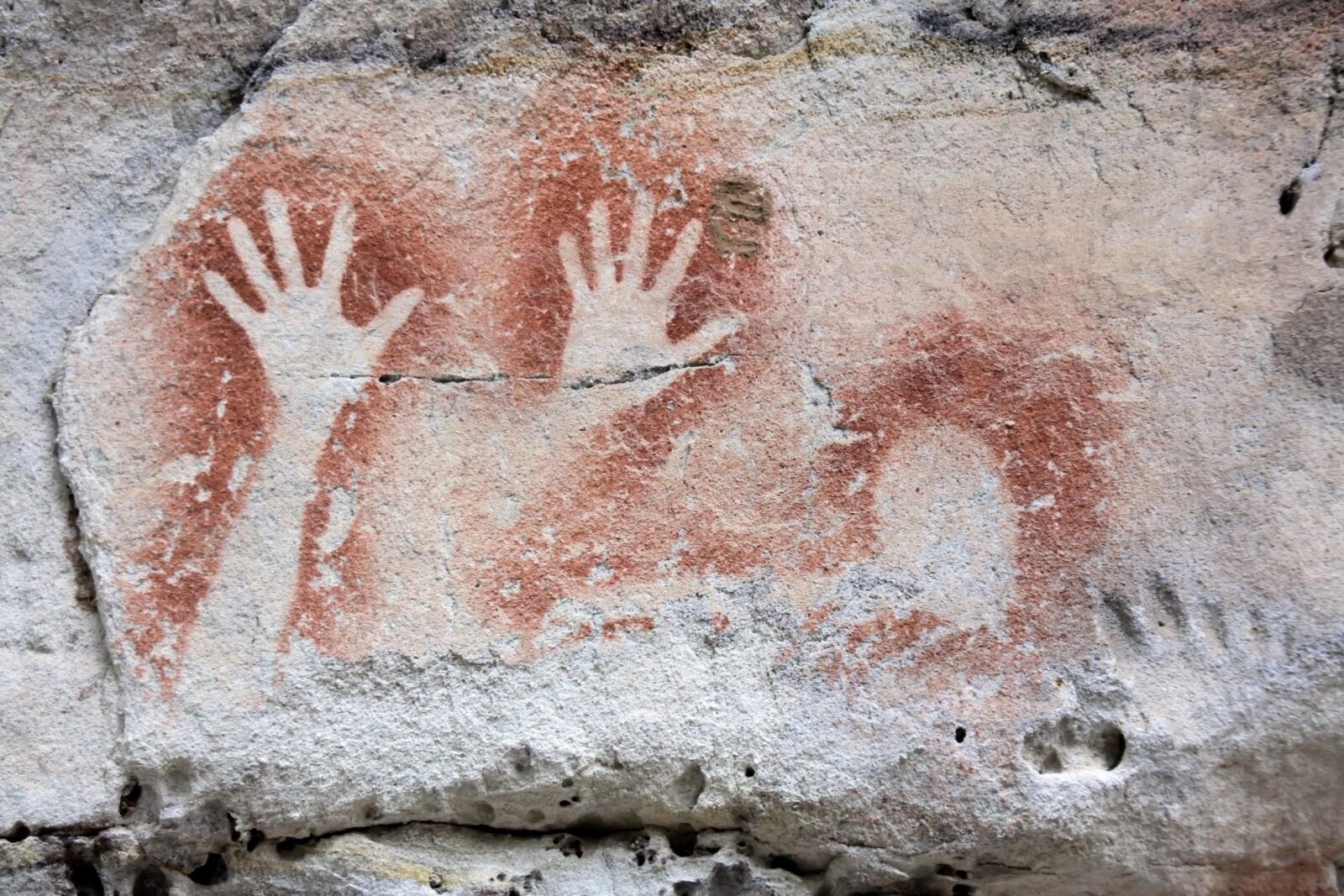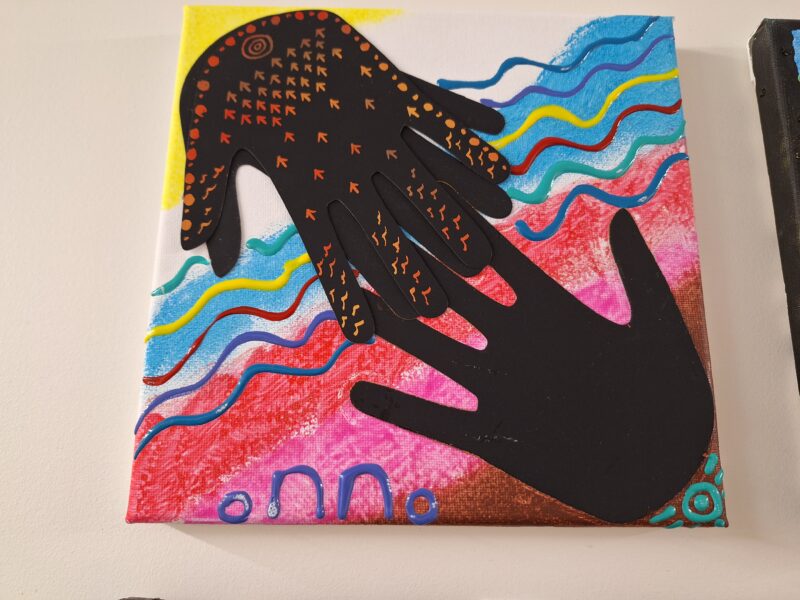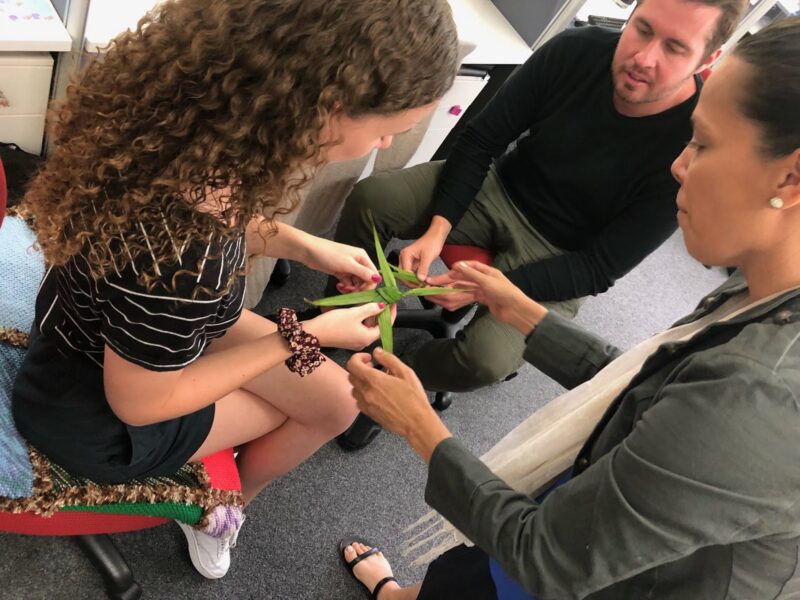Aboriginal and Torres Strait Islander readers are advised that this website may contain images of people who have died.

Anglicare has been connecting with people on every step of their life journey for more than 150 years. This includes strengthening our connections with Aboriginal and Torres Strait Islander people, working on developing our understanding of culture, and exploring the ways we can walk our reconciliation journey together.
There are already many stories to share, and we are committed to creating a shared history and new Anglicare stories of reconciliation and unity.

Hear from the people who know
We would love to hear your own story, ideas and knowledge of Anglicare’s reconciliation journey. This might be an account of an event, a service experience or a story you’d like to share. This invitation is open to all our clients, residents, partners and Anglicare staff. We particularly welcome contributions from our First Nation staff, client and residents.
This is an ongoing project. We hope that this account of Anglicare’s reconciliation journey will continue to grow in richness and depth, and generate new ideas and activities to explore in the future.
Please note that on this website, we generally refer to ‘Aboriginal and Torres Strait Islander peoples’, in recognition of their status as two distinct cultural groups; or refer specifically to an individual, community and/or language group when known. We also use the collective terms ‘First Peoples’ or ‘First Nations’ to respectfully encompass the diversity of Aboriginal and Torres Strait Islander cultures and identities.
On occasion, particularly in quotes from other material or in keeping with the original source, we have used the term ‘Indigenous’. Our use of this term, where necessary, is in reference to both Aboriginal peoples and Torres Strait Islander peoples of Australia. We recognise that this term is not always acceptable and strive to support the promotion of the preferred terminologies for the individual, community or cultural group where possible.
Reconciling Histories stories
Read our latest Reconciling Histories stories below.




